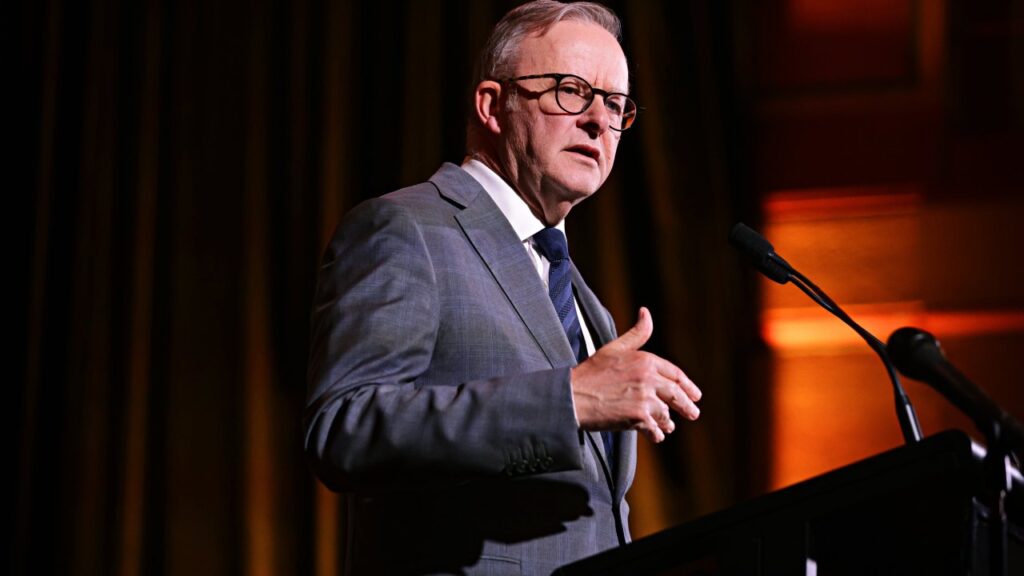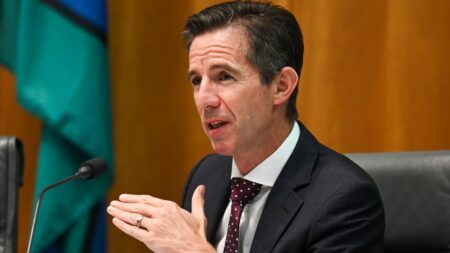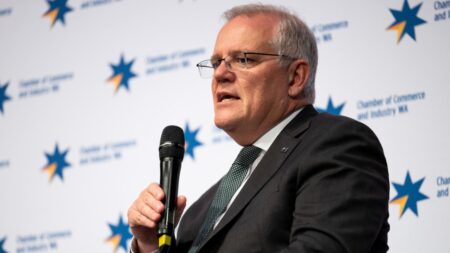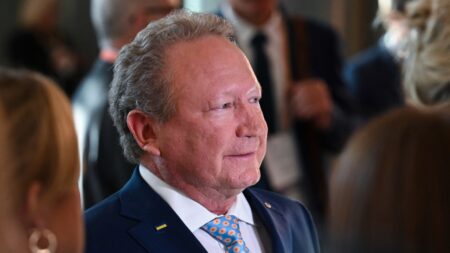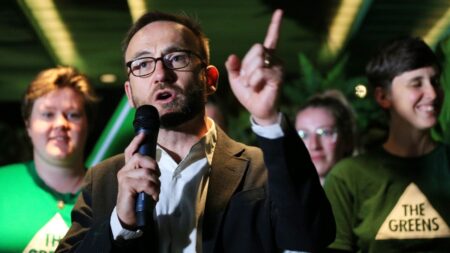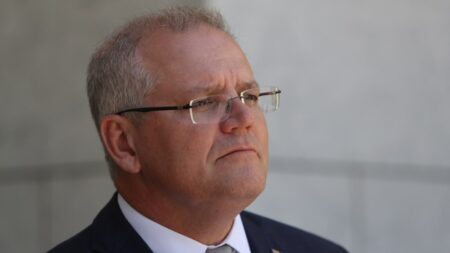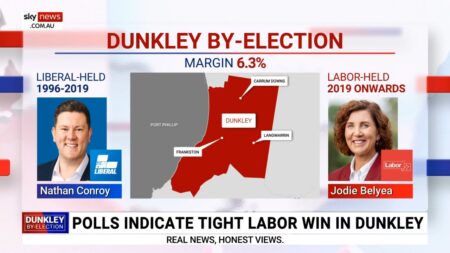Prime Minister Anthony Albanese has rejected mounting speculation he will force Australians into an early election after a leaked internal memo hinted at a national poll this year.
A memo sent out by the Prime Minister’s chief of staff Tim Gartrell, announced the new appointment of Labor veteran David Epstein, Kevin Rudd’s former chief of staff, to the senior role of Principal Private Secretary (PPS) from March 4.
A particular detail in the message where Mr Gartrell stated, “as we enter the election year”, sparked widespread speculation Mr Albanese would call an early election.
The Prime Minister has always maintained his commitment to serve a full-term however and doubled down on those plans in an interview on Wednesday.
“Absolutely, we are (committed to serving a full-term)”, Mr Albanese told ABC Radio Sydney Mornings host Sarah Macdonald.
“This is a bit of a beat up. If you look at the memo that came from my Chief of Staff, it’s about someone joining my staff in March. And effectively, once we get through the May Budget, we expect to have a Budget next year in March as well, and the term ends in May next year.
Labor’s three-year term ends in 2025 with a federal election on the horizon.
The Prime Minister also reiterated his belief that election terms should last four years, to align the federal parliament with the states.
“Well, I’ve said that three-year terms are too short, in my view, and to talk about an election year, essentially, post-Budget, we will be in the year lead up to an election,” he said.
“And that’s part of the problem in this country, I think, is that you have the first year after an election and then you have that middle year and then you’re in election year, which is what we will be in.”
The PM admitted it was unlikely to change as it had failed at two referendums however he continued to argue it was “common sense”.
“There was misinformation about, ‘Oh, it’ll be terrible, politicians will be here for even longer and it’s a grab for power’. It’s actually common sense. Every state and territory has four year terms, but we don’t federally,” he said.
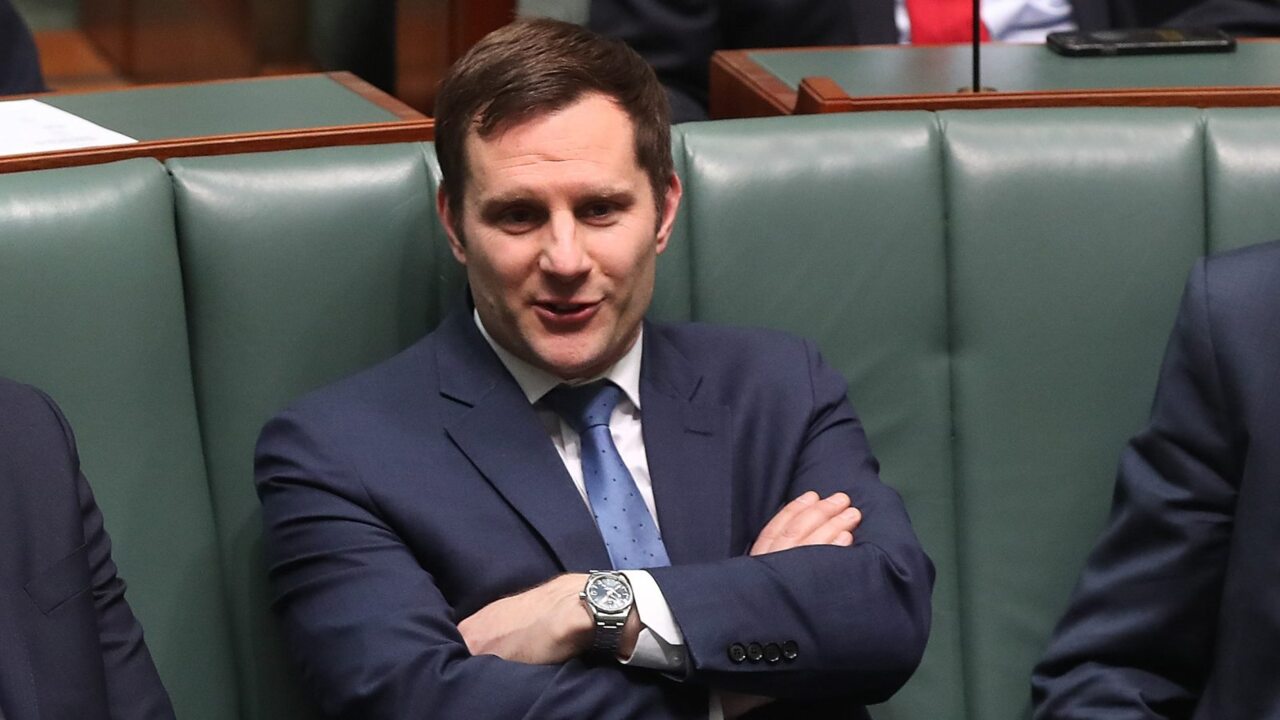
Read the full article here


